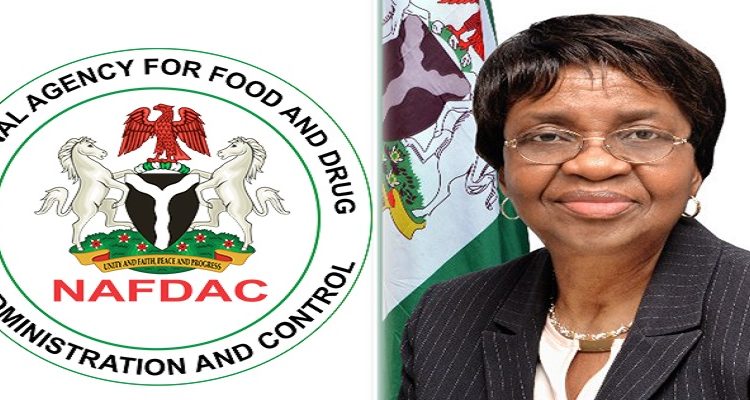A comprehensive national plan and roadmap has been created by the National Agency for Food and Drug Administration and Control (NAFDAC) with the goal of removing industrially manufactured trans-fatty acids (TFAs) from Nigeria’s food supply chain.
The new rule, which was created in accordance with the Fats, Oils, and Foods Containing Fats and Oils Regulations 2022, establishes a legal limit of two grams of trans fats for every 100 grams of fat or oil in food items.
During the Friday announcement event in Lagos, Professor Mojisola Adeyeye, the Director General of NAFDAC, said the plan was a clear indication of Nigeria’s commitment to following international best practices in public health nutrition.
“The purpose of this launch is not merely to provide a document; it is to reiterate our national commitment to safeguarding Nigerians’ health from harmful but avoidable dietary dangers.
Professor Adeyeye, who teaches pharmaceutical manufacture and medication review, cautioned that trans fats are one of the main dietary factors that contribute to cardiovascular disease, which is the leading cause of mortality worldwide.
“What we consume has the power to kill us. She emphasized, “You will require less medication if you eat healthily.
She cited scientific evidence that a high diet of trans fats raises the chance of dying from heart disease by 28%. Partial hydrogenation of vegetable oils, a technique used to lower costs and increase shelf life but carrying significant health hazards, produces the majority of industrial TFAs.
Over 278,000 fatalities worldwide are attributed to the use of trans fats annually.
Nigeria’s policy achievements were recognized in 2023 when the World Health Organization (WHO) named it one of seven nations—along with Egypt, Mexico, Moldova, North Macedonia, the Philippines, and Ukraine—where new best-practice laws for TFA removal had gone into force.
The next stage, according to Prof. Adeyeye, is WHO validation, enforcement, and complete implementation.
Speaking on behalf of Walter Mulombo, WHO Country Representative in Nigeria, Mr. Pinda Wakawa praised Nigeria’s political resolve and strategic leadership in tackling the health dangers associated with TFA.
“This milestone represents a major advancement in Nigeria’s efforts to enhance public health and lessen the impact of non-communicable diseases,” she stated.
Nigeria is now the second nation in the WHO African Region to implement a TFA strategy based on best practices, following South Africa.
Ms. Wakawa went on to say, “Removing industrially produced trans fats from the food chain is not only a technical accomplishment but also a moral imperative.”
Continued technical assistance, including capacity-building and monitoring systems to guarantee the regulation’s enforcement, was promised by the WHO.
Resolve to Save Lives (RTSL), a global health non-profit, claims that although Nigeria’s 2023 TFA ban was a significant public health milestone, there are still a number of implementation issues, including a lack of standardized testing procedures and inadequate laboratory capacity.
In order to close these gaps, RTSL, WHO, and the Federal Ministry of Health and Social Welfare provided support to laboratories nationwide by acquiring specialized equipment and educating staff on WHO’s streamlined TFA testing procedures.
Executive Director of RTSL Nanlop Ogbureke stressed the significance of implementing the new plan during the launch:
“Ensuring the enforcement of a policy or rule is a different matter entirely. As RTSL, we are dedicated to helping Nigeria eradicate TFA from the country.
“By working together and committing to the same goals, we can create a healthier future for our nation, free from the threats of TFA,” she continued.

